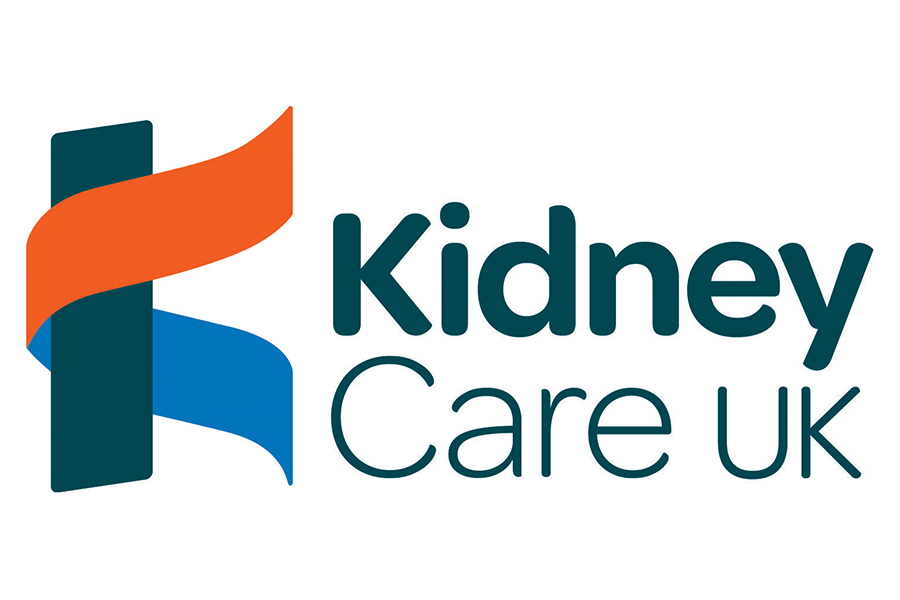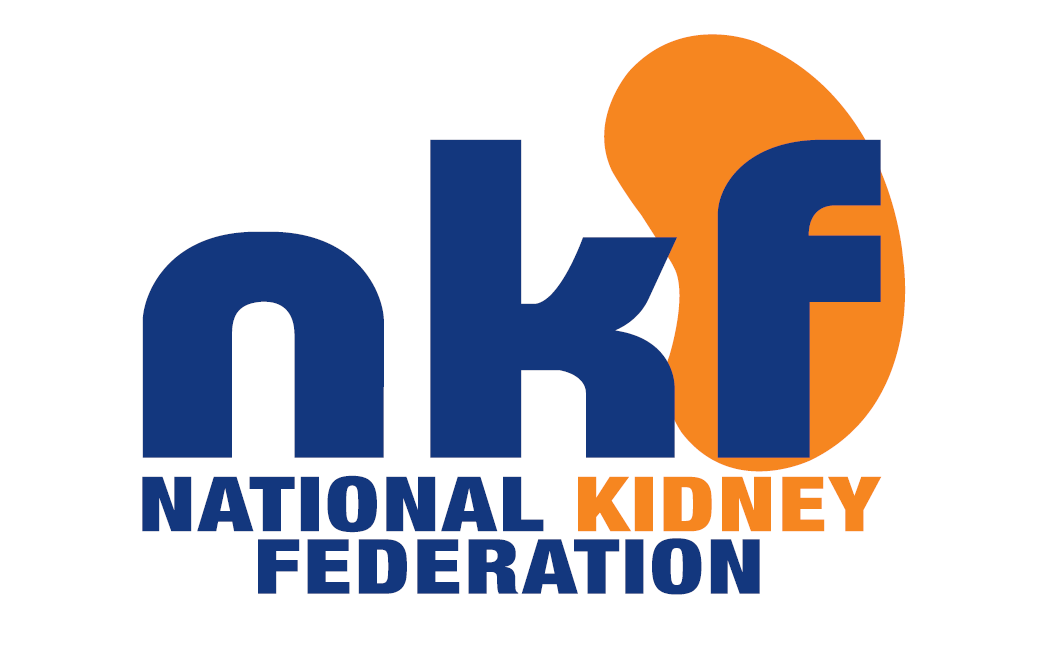Reflections on COVID-19 from renal counsellor's: Changes to practice and lessons learnt
Renal Psychological Therapists Group
As counsellors and psychotherapists we aim to be present with our clients but not intrusive. So working from home during COVID-19 required us, prior to video appointments, to prepare our workspace. This included:
- Being mindful of what was on display during appointments, limiting personal or identifiable items, and deciding what background we wished to show – virtual or real
- Deciding what chair to use and whether it would be comfortable if we were to be sitting all day. When working in my counselling office, I use the chair I sit in for counselling and pulled this up to the table and computer where I was now connecting with clients
- Re-locating the desk/computer
“At first my web camera was showing me in the dark and after seeing a bank advert on TV that recommended having the light in front of the laptop or computer and not behind you, I was able to reposition myself which meant clients could see me and the office space behind me clearly; or quickly spotted if I was working from home or an alternative office. I then was able to re-design my room to ensure two metre spacing between chairs for in person appointments.”
- In order to maintain privacy, investing in headphones to limit others overhearing session content
- Deciding what room to use within the home if you don’t have an office space and how to manage when other members of the household are also working from home or self-isolating.
“Initially I was able to use a summer-house however this proved difficult at times with low broadband speeds and neighbours working loudly in their gardens, or the farmer riding his tractor.”
We also had to acknowledge:
- Screen fatigue – ensuring time away from the computer for lunch. This way of working is more exhausting because of the limited visual cues, wobbling pictures, concentration levels required
- The intensity of sessions are different/increased, and we receive less visual cues on the phone.
Many reported working more hours than usual due to working from home, turning the computer on to “check” emails before starting work, and not having to travel to work or satellite areas and the increase in referrals or need to support staff. Setting boundaries to work space and time was very important for our work life balance and preventing burnout or compassion fatigue.
“At our trust as we were recalled back to the hospital to work early on. Competition for office space increased which required additional time spent on sourcing a suitable private room which could only be for the day – ensuring facilities for a camera or speakers on the computer were available.”
Technology & contracting challenges
Contracting with our clients took on a new issue for us during COVID-19. Introducing how we would manage difficulties with communication was important, especially in relation to:
-
Slow or interrupted broadband signals which affected the fluidity of the sessions. We were required to have discussions with clients about how we would manage this. E.g. if our video connection disconnects, we would phone our clients to resume the call; or if a client wasn’t connected within minutes of the session beginning, we would phone our clients to start the session or talk them through how to connect via video.
- Whether we had access to work laptops or mobile phones. This restricted what platform we were able to use and offer clients.
- Virtual video appointment platforms – zoom, attend anywhere, accurx, skype – involved extra work in sending appointment invites and ensuring we had administrative details for our clients such as nhs and hospital numbers, phone numbers and email addresses
- Taking steps to ensure our clients were safe in their homes, for example identifying “anchors” – objects within their homes in reach within the session that a client could be directed to if particularly distressed or dissociating.
- Privacy – people often chose to sit in parked cars, or in the garden to ensure conversations were not overheard. This wasn’t just in relation to humans, but also animals who often made themselves known in sessions providing unwanted distraction
“I also had two occasions of “alexa” joining in the session, providing information on song choice or demonstrating 3 different versions of farting! Needless to say the latter completely changed the mood of the session.”
- Generally clients adjusted well to the new way of working, however some declined for personal reasons, choosing to wait for in person appointments to resume. Some clients preferred phone appointments for the reason they didn’t have to see themselves on screen; and others didn’t have access to the technology to engage in virtual appointments.
Observations from working virtually
Benefits to clients
-
Clients are in their own comfortable space and feel safe
- There is no travel time to or from appointments, especially beneficial if feeling vulnerable before or after appointments
- Some clients have already decided they will stick to attending counselling appointments virtually after shielding and the pandemic ends; others have opted for a combination of both
Disinhibited behaviour
- Attending in bed clothes; shirtless; in the bedroom
- Without full make-up; wig or hair scarf , teeth - that ordinarily would wear for appointments
- Family or partners becoming involved with appointments – delivering refreshments, introductions at the beginning of sessions, helping with technology during session
- Talking very openly and deeply about something they ordinarily may shy away from or not talk about in person
Expansion to colleagues' roles
-
A call to support our multi-professional team colleagues was initiated by the British Psychological Society who encouraged members to set up emergency phone or face to face drop-in sessions
-
Individual counselling teams in some units provided ad hoc counselling support to staff at the beginning of the crisis until shielding was relaxed. Others provided counselling to bereaved relatives
- One counsellor along with her social work colleague co-ordinated the redistribution of government food parcels for those patients who ran out of food and were unable to access government funding



